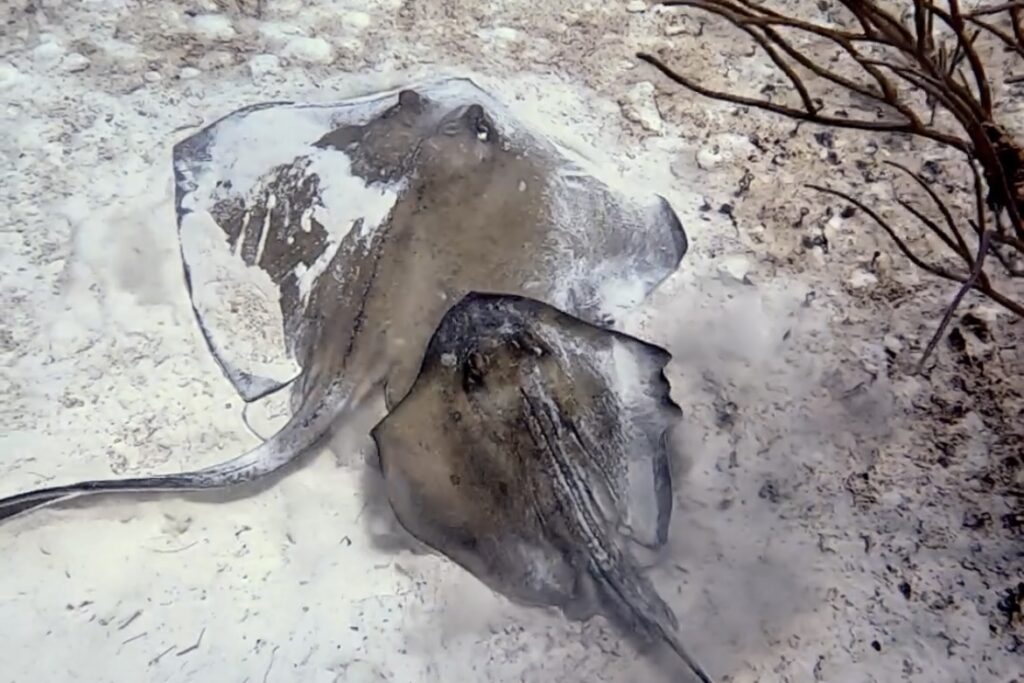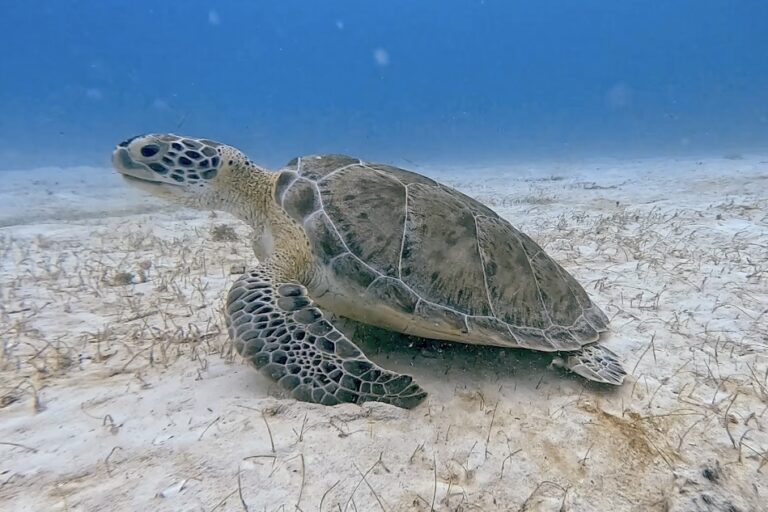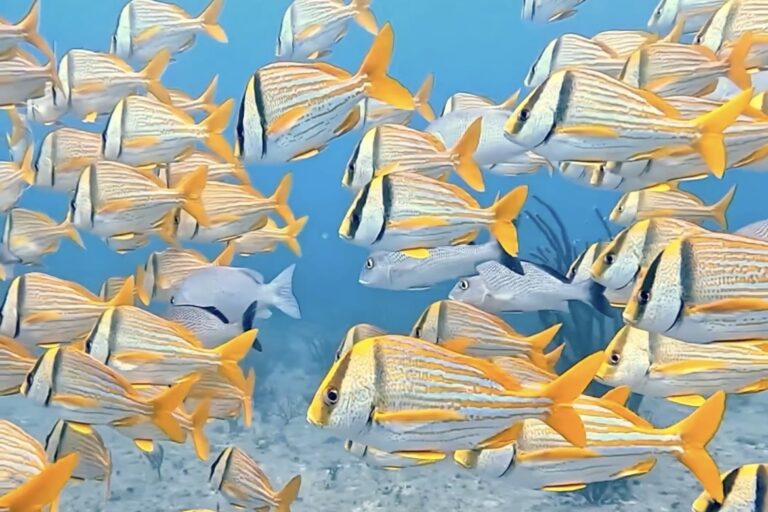Scuba diving is a physically engaging activity that benefits from good preparation—especially when diving in a destination like Playa del Carmen, Mexico, where adventure awaits in both the Caribbean Sea and the world-famous cenotes of the Riviera Maya. While diving itself is generally low-impact, it involves carrying equipment, swimming in varying conditions, and adapting to changing environments. Being in good physical shape not only makes diving more enjoyable but also improves safety and endurance underwater, whether you’re exploring colorful reefs, drifting with bull sharks, or navigating cavern systems.
A strong cardiovascular foundation is important for any diver. Activities like swimming, cycling, or running can help improve stamina and overall endurance. These exercises train the heart and lungs to work efficiently, ensuring your body uses oxygen more effectively while underwater—especially important for multiple dives per day on Playa’s reef systems or longer cenote dives with overhead environments.
Core strength is another key aspect of dive fitness. Carrying tanks, maintaining trim in the water, and controlling buoyancy all rely on a stable and strong core. Exercises such as planks, leg raises, and stability ball workouts help improve balance and support your lower back during long dives. This is especially helpful for cavern divers who may spend extended time hovering motionless in horizontal positions in places like Dos Ojos or Tajma Ha.
Leg strength plays a major role in propulsion through the water. Kicking against currents or moving efficiently in open water requires power and endurance in the legs. Squats, lunges, and swimming with fins are excellent ways to strengthen the muscles used in diving. These movements mimic real diving tasks like shore entries, climbing boat ladders, or finning through strong currents—all of which are common on Playa del Carmen’s drift dives or during cenote explorations.
Flexibility should not be overlooked. Stretching the shoulders, back, and hips improves mobility and reduces strain when donning equipment, reaching valves, or maneuvering in tight spaces. Yoga and dynamic stretching routines are excellent additions to a diver’s fitness regimen. These routines are especially beneficial for sidemount diving courses, where flexibility and valve access are critical.
Scuba diving also benefits from mental fitness. Controlled, steady breathing is essential for both safety and air conservation. Practices like yoga, meditation, or focused breathing exercises can improve relaxation and control underwater. This becomes especially important during cavern dives or advanced training, where remaining calm in low-light, enclosed spaces is key.
Whether you’re getting certified with a PADI Open Water course in Playa del Carmen, advancing your skills through an Advanced Open Water or Sidemount course, or simply planning a dive trip to explore the region’s reefs and cenotes, preparing your body ensures smoother, more comfortable experiences in the water.
By building endurance, strength, flexibility, and breath control, divers can enhance performance, reduce fatigue, and fully enjoy the underwater beauty of Playa del Carmen—from shark encounters on deep drift dives to the tranquil silence of cenote systems. Dive smart, dive strong, and dive into an unforgettable adventure in Mexico’s Riviera Maya.



